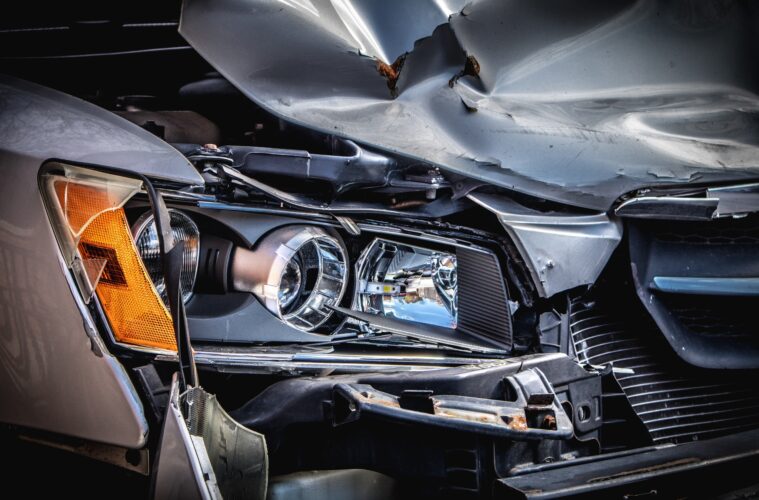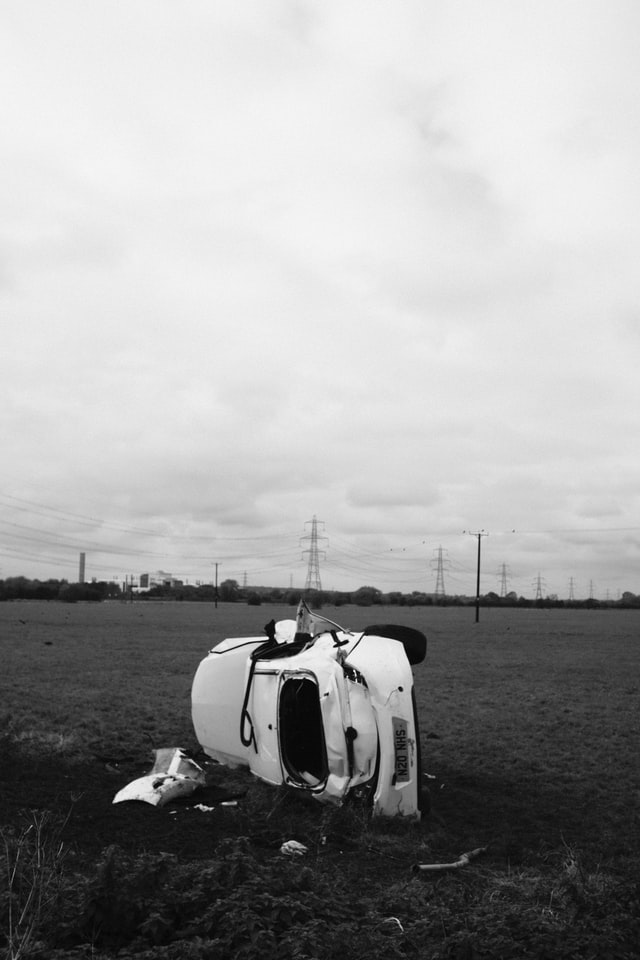Dealing with a totaled car can be somewhat of a nightmare. You have to grapple with the emotional ramifications of being in a serious accident in the first place. Then, there are financial considerations, and insurance companies aren’t known for being especially helpful in these situations. In fact, you may find yourself spending a lot of time arguing with your insurer if your car is totaled.
The following is an overview of what you should know about dealing with a totaled car.
What is a Totaled Vehicle?
We often associated a totaled vehicle with being so damaged that you can’t drive it or repair it. Insurance companies have a broader definition of a totaled car or a total loss.
An insurance company determines a total loss when the cost to repair damage from an accident is more than the value of the car after repair.
The insurance company looks at the accident in economic terms. Is repairing the car worth the money given its value?
Insurance companies do a cost-benefit analysis using formulas that include the cost of replacement parts, average car values where you live, and labor rates. There may also be state-specific laws and guidelines that determine what a total loss is.
The actual cash value of your vehicle is determined at the time of the accident, looking at factors like its age, mileage, and condition.
What Are Your Options?
If your insurance company determines your car is a total loss, you have some different options available to you.
For a lot of people, the simplest is to let your insurance company pay you. That means, depending on the laws where you live, that your insurance company might replace your totaled car with one that’s comparable or give you a cash payment equal to the actual cash value of your totaled vehicle.
What if you think the offer from your insurance company is too low? You can challenge their offer, which is where the headache of going back and forth with the company comes into the equation.
If you opt to take a cash payment and you still owe money on your car, your insurance company makes the check out to you and your lender. Once your loan is paid off, you can keep the remaining money. If the payment from your insurance company is less than what you owe on your car loan, you have to pay the difference.
You may decide if your vehicle is drivable, you’re going to just keep driving it.
You can also try to trade a vehicle in with damage, or you can repair it yourself.
If you do decide to take the cash payment from your insurer, unless you negotiate something else, you typically have to give the insurance company the damaged car.
The idea of a settlement payment following a total loss is that you get enough money to pay off your car loan, and then you have enough left to buy a new vehicle, but that’s not often what actually happens.
How Do You Negotiate with the Insurance Company?
If you receive a low settlement, the insurance company is hoping you take it without asking questions, under the assumption, there’s nothing else you can do.
You can negotiate based on a variety of factors, however. These include your car’s additional equipment, mileage, and condition.
You may ultimately find that you need to work with a lawyer if your insurance company isn’t offering you what your car is worth in a total loss situation.
Steps to Take in a Total Loss Claim
The following are some of the specific steps to take in a total loss situation.
- If you haven’t already done so, contact your insurance company as soon as possible to file a claim because it’s a lengthy process. The sooner you get started, the better.
- Have your vehicle towed to your insurance company’s preferred repair shop.
- Find your title.
- See how much you owe on your car loan if you have one.
- Research independently to figure out the value of your vehicle so you’ll have a better idea of whether or not the insurance company is offering you a fair payout.
- If you have any upgrades or major improvements you recently made to your vehicle, try to locate receipts for them.
Finally, the situation will be a little different if the accident that led to a total loss wasn’t your fault. For example, your insurance might go to the other driver’s insurance to cover the losses, and that may mean you’re reimbursed for your deductible as well.


